Special Collections and University Archives Events
December's lecture features Taylor Driggers, 2024 Le Guin Feminist Science Fiction fellow. Driggers holds a PhD in English Literature from the University of Glasgow. He is an independent scholar specializing in the intersections between fantasy literature, gender and sexuality, and theology. He is also interested in finding new ways of uncovering and reframing fantasy's queer histories. His debut book, Queering Faith in Fantasy Literature (Bloomsbury Academic, 2022), was a finalist for the Mythopoeic Scholarship Award in Myth and Fantasy Studies. Most recently, Taylor co-organized the Academic Track for the 2024 World Science Fiction Congress in Glasgow, along with Alice Langley.
January’s lecture features Cecily Evonuk (they/them/theirs), 2024 Tee A. Corrine Memorial Travel Fellow. Evonuk is a dedicated third-year undergraduate student at Oregon State University where they are currently pursuing a double major in history and women, gender, and sexuality studies, with a studio art minor. Evonuk's focus centers on American history, with an emphasis on civil rights, human rights, and the LGBTQ+ liberation movement. Their passion for historical research and commitment to social justice issues has led them to set aspirations to continue their academic journey beyond the undergraduate level. Post-graduation, they plan to pursue a master’s program in History and subsequently pursue a PhD. Evonuk's academic achievements have earned them several prestigious awards and fellowships, including the Emil H. Pubols Award in American History, the Drucilla Shepard Smith Award, the Finley Academic Excellence Scholarship, the Dr. Arthur E. Gravatt History Scholarship, and the Thomas and Margaret Meehan History Award.
February’s lecture features Sarah Nolan-Brueck, 2024 Le Guin Feminist Science Fiction fellow. Nolan-Brueck is a PhD candidate at the University of Southern California, where her research focuses on how science fiction explores and critiques gender issues. Currently, she is investigating how science fiction authors address medical legislation that affects diverse gender groups in the United States and how the genre engages with activism related to these issues.
March’s lecture features Shai Feraro, 2024 Tee A. Corinne Memorial Travel Fellow. Dr. Feraro is a Research Fellow at the University of Haifa and teaches at both the Open University of Israel and the Technion. He also serves as the Secretary of the Israeli Association for the Study of Religions. His research focuses on alternative religions and spiritualities in North America and the UK during the 19th and 20th centuries. Dr. Feraro is the author of Women and Gender Issues in British Paganism, 1945–1990 (2020) and has co-edited several works, including Contemporary Alternative Spiritualities in Israel (2016) and Magic and Witchery in the Modern West (2019), all published by Palgrave Macmillan.
April's lecture features Alex McPhee-Browne, 2024 James Ingebretsen Memorial Travel Fellow. McPhee-Browne is a historian of the American right and twentieth-century fascism, currently completing a PhD at King’s College, University of Cambridge. His work focuses on the intersection of political, social and intellectual history, with a particular interest in the relationship between right-wing ideas and right-wing political praxis. He has published in Reviews in American History and the Journal of Right-Wing Studies, and has articles forthcoming in the Journal of American Studies and the Journal of Policy History.
May's lecture features Faith Lazar, 2024 James Ingebretsen Memorial Travel Fellow. Lazar is a PhD candidate in American Studies at New York University, where her research delves into the history of far-right paramilitary movements and the expansion of the federal security state in the United States during the 20th century.
Special Collections and University Archives (SCUA) is pleased to host quarterly viewings of the Edward Curtis photographs. Curtis, an American photographer and ethnologist, is best known for his work The North American Indian, a set of twenty bound volumes of photographs and twenty volumes of text depicting Native Americans in the early part of the 20th century. Each viewing features five of the twenty photographic volumes, rotated quarterly. Sessions will be led by SCUA Curator of Visual Materials, Danielle Mericle, and Jan Smith of the Kiowa Tribe of Oklahoma. All are welcome. Each individual must register for this free event.

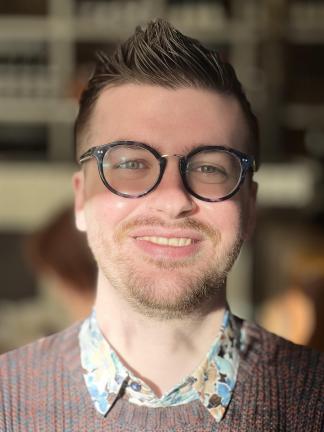 Archives Uncovered: Insights from SCUA Research Fellows
Archives Uncovered: Insights from SCUA Research Fellows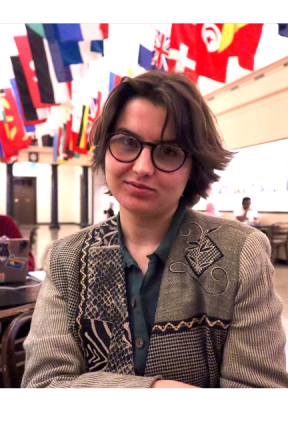 Archives Uncovered: Insights from SCUA Research Fellows
Archives Uncovered: Insights from SCUA Research Fellows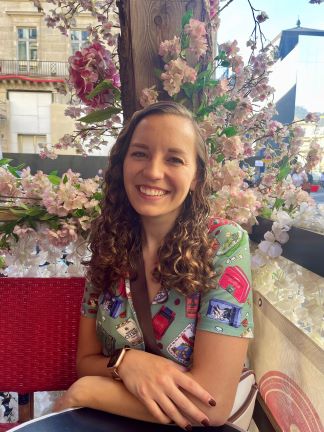 Archives Uncovered: Insights from SCUA Research Fellows
Archives Uncovered: Insights from SCUA Research Fellows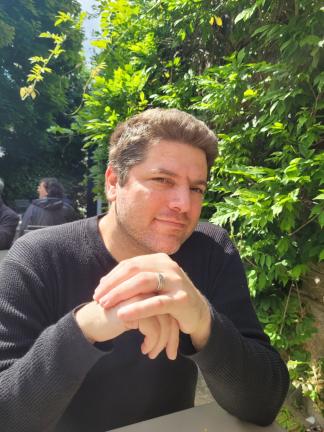 Archives Uncovered: Insights from SCUA Research Fellows
Archives Uncovered: Insights from SCUA Research Fellows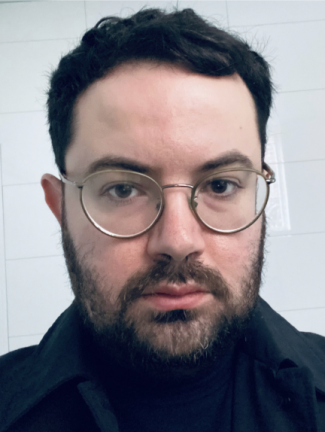 Archives Uncovered: Insights from SCUA Research Fellows
Archives Uncovered: Insights from SCUA Research Fellows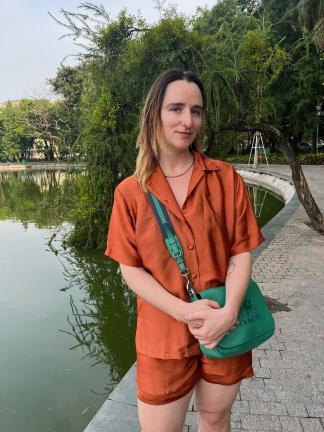 Archives Uncovered: Insights from SCUA Research Fellows
Archives Uncovered: Insights from SCUA Research Fellows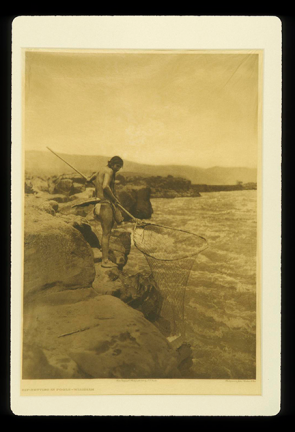 Edward Curtis Album Viewing
Edward Curtis Album Viewing